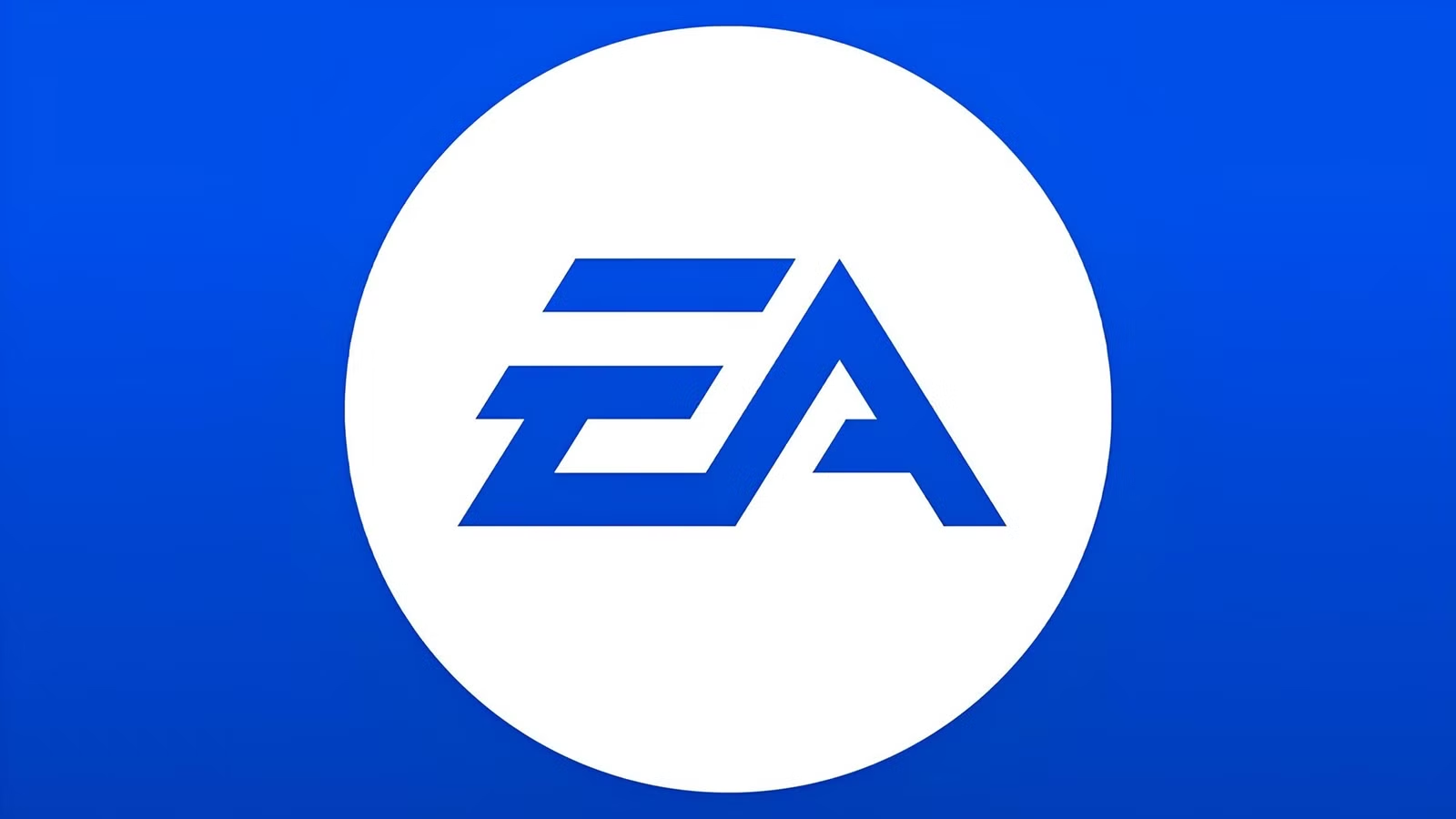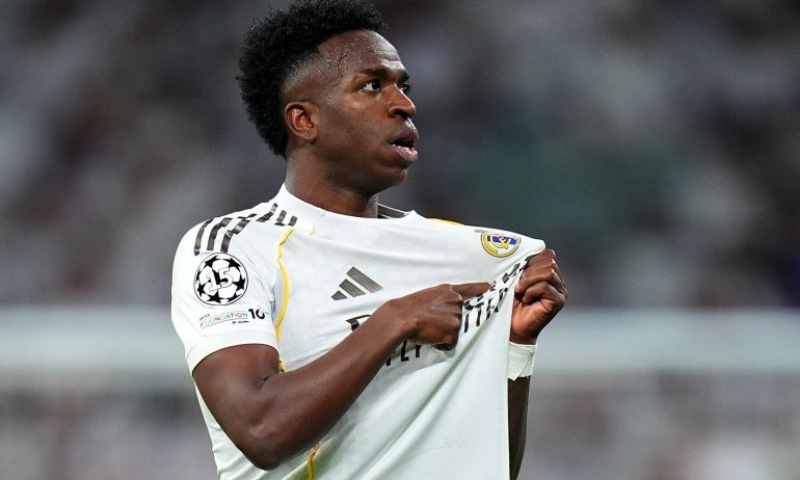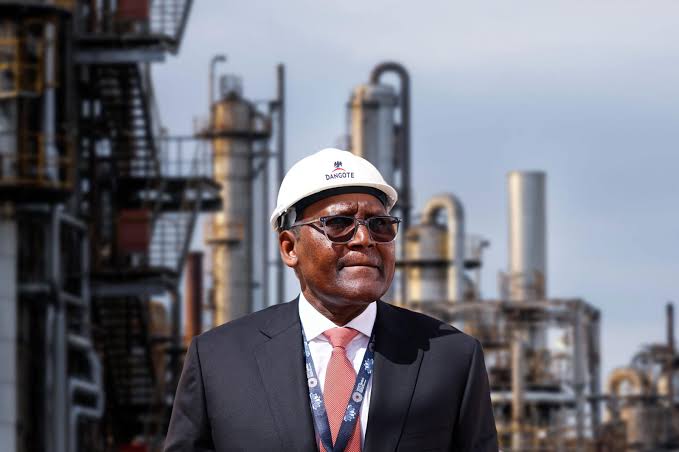Electronic Arts has agreed to be acquired in a landmark $55 billion leveraged buyout, marking one of the largest take-private deals ever for a public company. A consortium led by Saudi Arabia’s Public Investment Fund, Silver Lake, and Affinity Partners, led by Jared Kushner, will carry out the purchase. The EA board already approved the transaction, and shareholders will receive $210 per share, a premium over recent trading levels.
The deal combines equity from the consortium, approximately $36 billion, and debt financing of $20 billion arranged by JPMorgan. PIF will roll over its existing 9.9 percent stake into the deal, further aligning it with the new ownership.
If completed, the transaction will finalize in the first fiscal quarter of 2027, subject to regulatory and shareholder approvals, and EA’s shares will be delisted from public markets.
What Drives This Acquisition
First, EA holds highly valuable gaming franchises, including Madden, Battlefield, and The Sims, that offer steady revenue streams and strategic long-term potential. By going private, EA gains freedom from quarterly market pressures, allowing it to make bolder, long-term bets on innovation and expansion.
Second, Saudi Arabia, through PIF, continues its push into the gaming and entertainment sector, seeking to diversify beyond oil. By acquiring a stake in EA, the kingdom strengthens its global footprint in digital media and gaming.
Third, the market for mega leveraged buyouts has revived amid favorable debt conditions and investor appetite, making this a bold but timely move for private equity sponsors.
Risks, Regulatory Hurdles, and Industry Impacts
Regulators will scrutinize this acquisition carefully, especially because it involves significant foreign investment and control of a major entertainment asset. National security reviews could delay or alter the deal terms.
Also, the debt burden of $20 billion imposes major financial pressure on EA. The company must ensure it can service the debt while continuing game development and retaining talent. Any misstep could jeopardize operations.
For the industry, this buyout may encourage more large-scale consolidation. Rival publishers and tech firms may look to capitalise on similar deals. Meanwhile, EA’s shift to private raises questions about how content decisions, monetization strategies, and risk tolerance may change under new ownership.
What Stakeholders Can Expect
Shareholders receive immediate value at $210 per share. Employees and teams should brace for potential restructuring, though leadership has pledged continuity. CEO Andrew Wilson will stay in place under the new ownership.
Gamers and fans will watch closely to see whether EA’s direction shifts, especially under pressure from private equity to optimize returns. The franchises may face changes in investment, release cadence, or monetization strategies.
Conclusion
Electronic Arts’ agreement to a $55 billion buyout marks a milestone in corporate history. The move to go private under the backing of Saudi PIF, Silver Lake, and Affinity reflects confidence in EA’s long term promise. While regulatory approval and debt management pose real challenges, the acquisition suggests a shift in how major gaming companies might be operated away from public market constraints.
This buyout could reshape the gaming industry’s ownership landscape, and scrutiny will likely follow every move once the deal closes.
Bonus Read: Starbucks to Close Stores, Lay Off 900 in Major Restructure




One thought on “EA Bought Out in Record $55B Deal to Go Private”